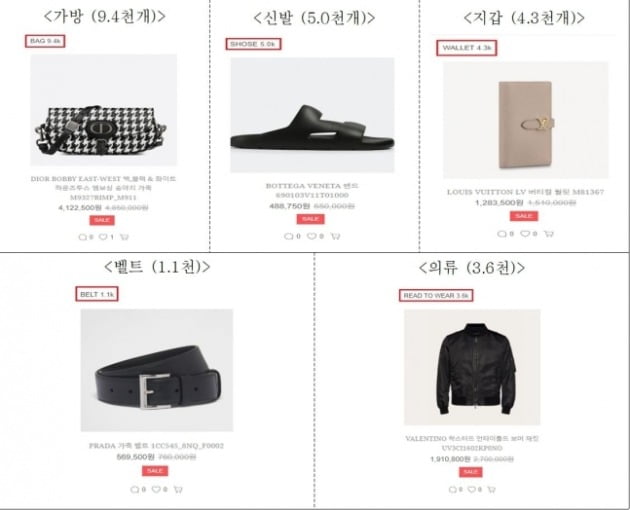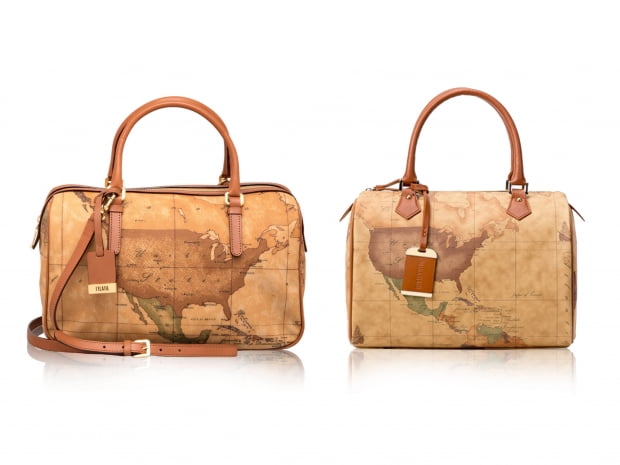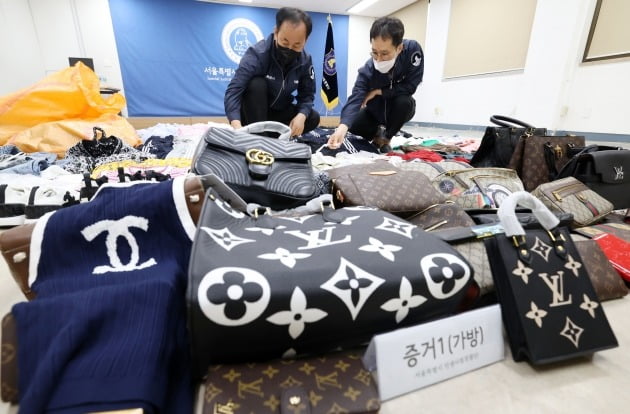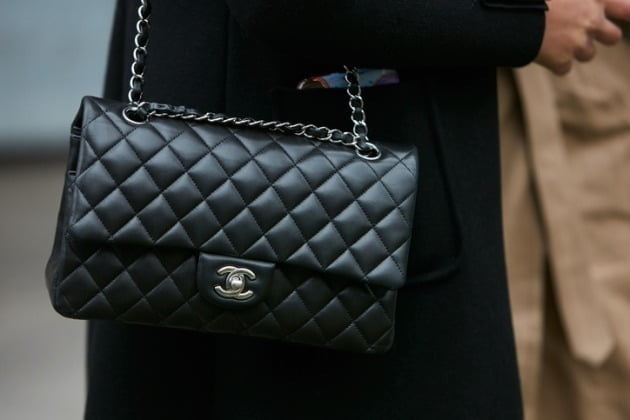Mr. Kim (31) discovered a mall offering to buy Chanel bags, which he had always wanted to buy. He deposited 5.77 million won in the cold when he said he can get popular and hard-to-find products even if he waits in line in front of the store for several days in Korea at a price of 1 million won less than the normal price. . Mr. Kim, who checked product reviews from buyers who said “I got a good product through this company.” I stopped my suspicions by seeing the commercial information they showed me.
However, contrary to the promise of “I will send it to you within two weeks”, the product did not arrive even after a long delivery period. Mr. Kim, who had a son, asked for a refund, but the seller only repeated the answer: “I’ll do it soon.” When they said they would report him to the police, they simply said, “I’ll refund you tomorrow” and no money came in. In case I made a call to the contact posted at the mall, he was connected to an international call but was not answered. The mall was canceled and disappeared as an embarrassed Kim rushed to get a refund.
As the generation MZ (millennials + Generation Z) who prefer online shopping is emerging as a “big hand” in the luxury market, fraud against luxury online shoppers is also on the rise. In particular, the “overseas purchasing agency” scam continues, buying overseas luxury goods or hard-to-buy overseas branded clothing in Korea and sending them by courier. There are also many fraudulent sales of “fake luxury goods” via social networking services (SNS) or second-hand trading sites, so consumers should be careful.

The Fair Trade Commission recently found that the online mall “Sacrastrada” (now “Karaf”), an overseas luxury purchasing agency, only took payment for the product without delivering any products, and issued a “temporary suspension order” and closed the mall. . Sacrastrada, which sells expensive clothes and bags overseas, has advertised online since last May that it is selling luxury clothes overseas at low prices. As part of the mall opening event, the company attracted consumers by introducing more than 23,000 overseas luxury goods at high prices of up to 35% of the price for a limited time.
The extent of the related damage to consumers is estimated to be at least 750 million won (601 cases) and the maximum amount of damage per case is estimated to reach 6 million won. It is reported that many of the cases actually received resulted in damages in excess of several million won. Mr. A paid for a luxury bag worth about 6 million won at the mall with a credit card, but the product did not arrive after a month, requested cancellation but did not receive a refund. There have been instances where a Chanel bag was bought for 5,219,000 cash winners and suffered damage such as delays in delivery and refund processing, or a famous Dior bag was bought for 3.48 million winnings through a transaction on the bank book and suffered damage.
Following the Fair Trade Commission investigation, the location of the mall would have been Gangnam-gu, Seoul, but there were no actual commercial sites or employees. It turned out that the phone number of the mall representative was connected to an international call. The employee who answered the phone claimed to be shipping the goods from Italy, but it turned out they were actually in Hong Kong.

As such, the “luxury scammers” have lured consumers by opening shopping malls or using SNS channels like blogs, KakaoTalk and Instagram to buy expensive foreign luxury goods from abroad instead of them. We reassured buyers by posting certified photos and purchase reviews disguised as if they were buying goods in a foreign country and business information such as business registration numbers.
They often communicate anonymously through open messenger chat rooms like KakaoTalk, which are difficult to track and most only accept cash. When a buyer requests a refund, they show the thoroughness of giving a refund immediately. However, in the end, most cases are done by pretending that the delivery period is long or delayed because it is being shipped from abroad, and thus only steals money.
The act of selling “fake luxury goods” through social media also continues. They use the tactic of selling under the guise of “person-to-person transactions” without even reporting the business. Some of the sellers even made an unannounced “fake guarantee” that it was a fake guarantee that was misleading buyers as buying agents.
As online product trade has become commonplace, Chinese sellers often make counterfeit sales by taking advantage of the fact that Chinese sellers can freely register and sell products via domestic e-commerce companies. Domestic consumers are harmed not only by the sale of products that are skillfully copied from famous overseas brands, but also by the disappearance after receiving a purchase order for the product.
Counterfeit luxury transactions online by Chinese sellers are so serious that they are called “Chinese risk”. These counterfeit Chinese sellers display a fake guarantee when the buyer asks if it is genuine and deceive by saying that it is “importing as a buying agent from overseas”.

According to data from the Korea Customs Service, over the past five years, the amount of infringing goods captured while attempting to be brought to Korea from overseas amounts to about 2 trillion won. Per entry, watches accounted for the largest share with 607 billion won, followed by bags (606 billion won), clothing textiles (214 billion won), shoes (782 billion won), sports equipment (39.4 billion won) and household appliances (33.3 billion won). By region of production, Chinese products dominate with 83.3%. Most of the counterfeit goods circulating in Korea are produced in China.
It turns out that fraud also occurs frequently on second-hand trading sites and platforms. For this reason, among the users of the second-hand trading platforms ‘Jonggonara’, ‘Carrot Market’ and ‘Lightning Market’, there are often shared posts telling you to beware of sellers of foreign luxury brands. The police are providing a cybercop application (app) that can look up the phone number used in the fraud to prevent fraud on the transactions used, but this is not enough. The level of punishment is also low. In most cases, if you pay for the damage, you will avoid the punishment or in most cases you will be fined. Ultimately, it is stressed that consumers must carefully monitor themselves to prevent harm.
Ahn Hye-won, Hankyung.com reporter [email protected]

